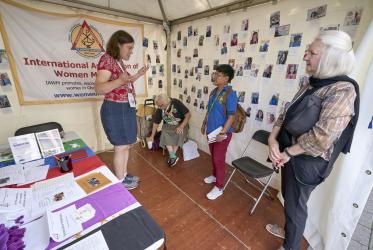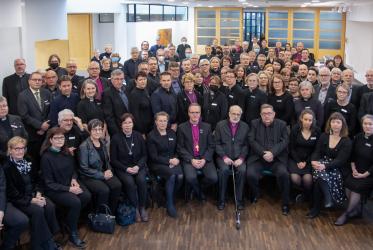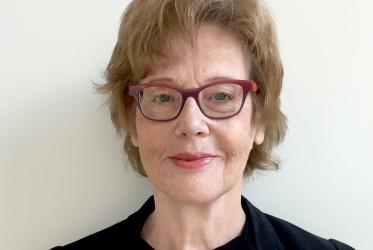Displaying 1 - 20 of 42
15 - 16 March 2024
Cittadella Laudato Si’ (known as “Cittadella”) – Via degli Ancaiani 3, Assisi
Ukraine: Responding to humanitarian need
08 September 2022
#ThursdaysinBlack: Stories flow from the Waterfall Tapestry
01 September 2022
WCC leaders recall life-changing experiences from early days
10 February 2022
Communication for Social Justice in a Digital Age
13 - 15 September 2021
Berlin and worldwide, 9-17:00 each day, CEST Timezone
Rethinking Ecological Relationships in the Anthropocene era
11 - 13 February 2021


















